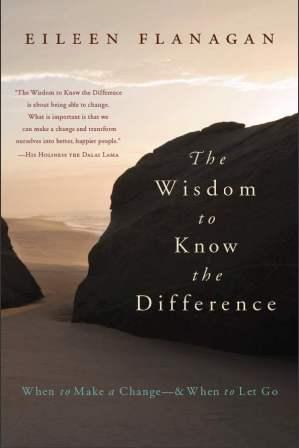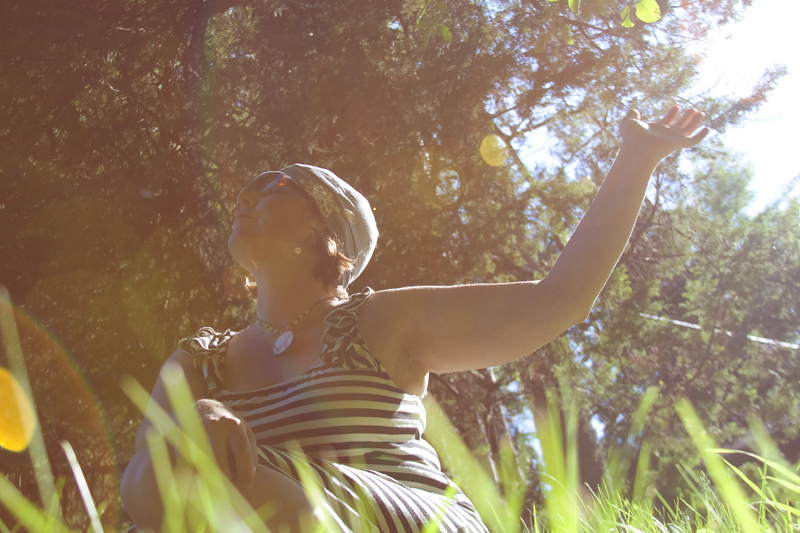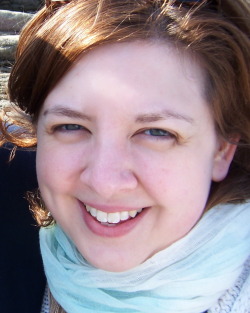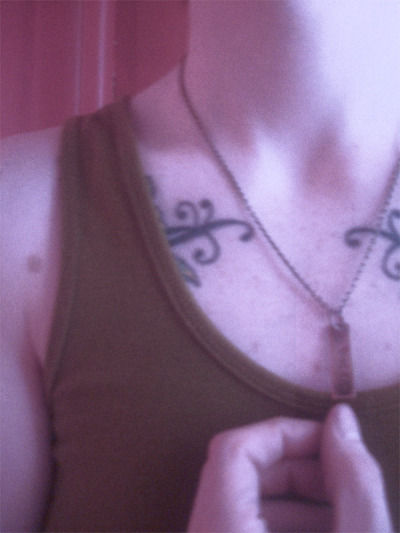the kindred project: day 6 (nine with meredith winn)
liz lamoreux

The Kindred Project: 12 Days of Light and Yes is about sharing our stories of light and hope. The moments where we said "yes" to choosing beauty in the midst of it all. The moments where we stood in our own light. The moments where we saw someone else choose hope. The moments where another became our teacher and where we taught ourselves. Read more about the project and share your own stories in this post. During these 12 days, I am sharing a few of the lights along my path that have pushed me and taught me and held me in the midsts of it all.
*****

The world of blogging has brought so many lights into my world in the form of many incredible women who are living their lives wide and deep. They are dancing and resting and being as they walk paths of realness and grief and hope and joy. They teach me as they share their stories. The Nine series has become a way for me to interview a few of these people in a way that teaches all of us about how they see their worlds in this moment. Today, I am rebooting this series a bit with a slightly new set of questions. Look for more Nine interviews in the months to come.
Today's Nine interview is with Meredith Winn. Oh how this woman shares pieces of beauty and truth through her words and photography. Every time I visit her blog, she deeply inspires me with her courage, and even though our stories are different, she has this way of pushing me to know that I am not alone. I am so thankful our paths have crossed and am delighted that she agreed to kick off the Nine series reboot.
Enjoy this peek into Meredith's story.
*****
Question 1: Who are you?
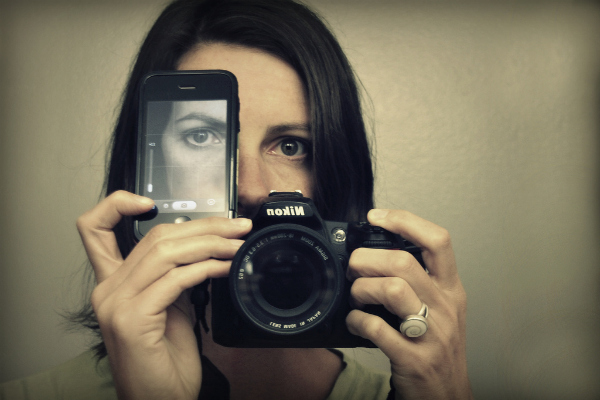
Question 2: In this moment, where are you?

Question 3: What are the textures of your corner of the world?

Question 4: If you had an hour alone to just play, what would you do?

Question 5: How do you seek joy?

Question 6: What nourishes you?

Question 7: When you need to simply take a breath and ground yourself, what do you do?

Question 8: How do you nurture your creative dreams?

Question 9: Does your heart have a secret wish you want to share?

*****

Meredith Winn is a sometimes writer and an everyday photographer. Meredith’s creative nonfiction has been published in various magazines including Midwifery Today, Motherverse, Literary Mama, Hip Mama, and a forthcoming issue of Mothering Magazine. Her photography has been on exhibit in TX, VT, and NYC. Meredith is a contributing editor and photographer to Shutter Sisters and is also a contributing photographer for Getty Images. Her photography portfolio can be found online. She is a somewhat elusive (and sporadic) blogger found at the~spirit~of~the~river. Meredith drinks chai tea, parents
mindfully, embraces this human existence, and will always be a camera shy momma. You can find her on twitter (@camerashymomma).
(All photos copyright Meredith Winn.)
*****
Nine is an interview series with creative folks that began in the Spring of 2009; the interviewees are asked to respond to the interview questions in photographs (or video). You can scroll through all the interviews here.



